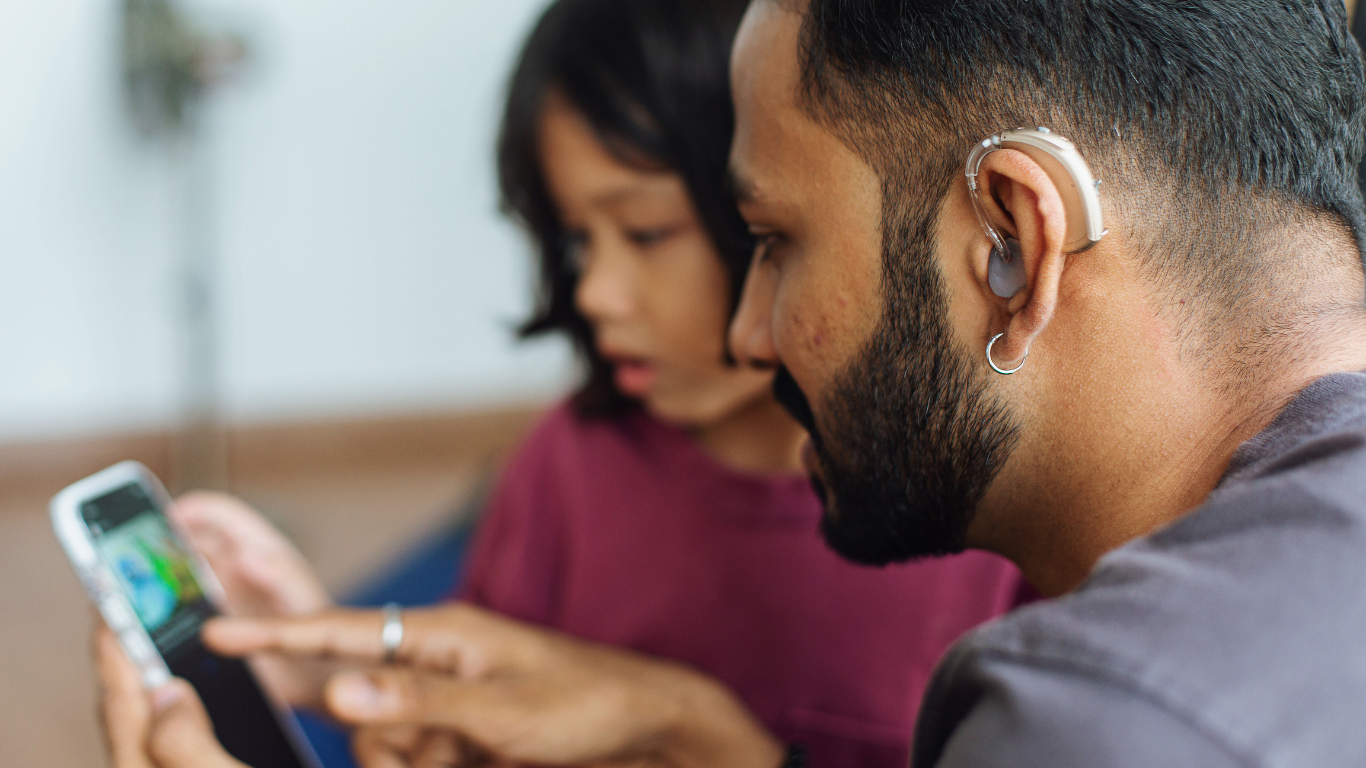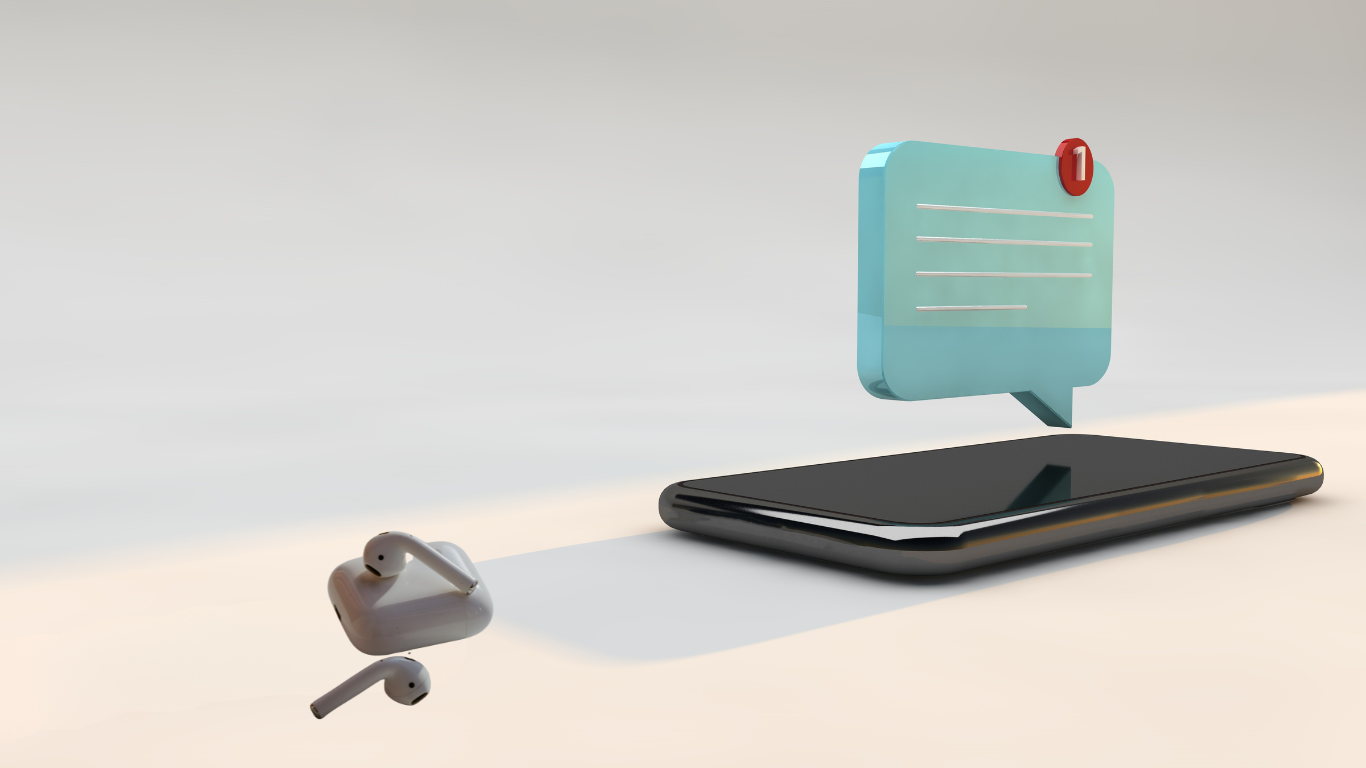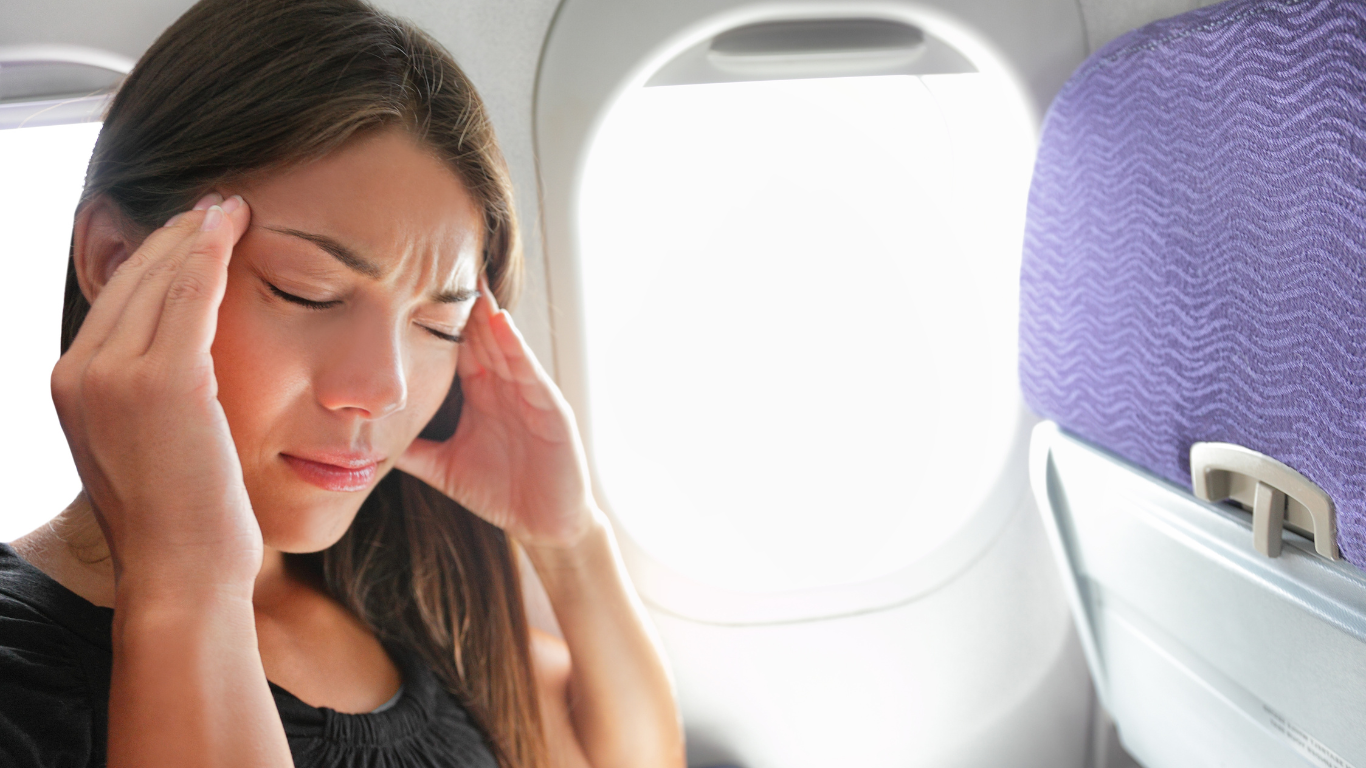Welcome to Our Blog
by: Alissa Horneland, BC-HIS
What is listening fatigue?
Have you ever sat through a long webinar, zoom meeting or speech and felt exhausted? Most of us blame the speaker or the topic for being boring or uninteresting…but the truth is you may be experiencing listening fatigue.
Listening fatigue is a typical result of long periods of listening to sounds. Although you may want to grab a coffee to wake up, your brain is telling you to take a break.
Sensory overload can also cause listening fatigue. It can still happen even if you aren't listening to a particular sound. For example, people who work in loud environments, like oilfield sites, might find it hard to hear others speaking on the job site because of the noise.
Here are some tips on reducing listening fatigue and giving your brain and ears the break they need.
Listening fatigue and hearing loss
Hearing fatigue, unfortunately, impacts those of us with hearing loss a lot quicker. This is due to the extra concentration needed to read lips or straining to listen to sounds. Their eyes and ears are constantly working to hear and understand.
Effects can be even more substantial for new hearing aid wearers. Why does listening fatigue impact new hearing aid wearers so much? Simply, they have not heard many of the sounds around them for a long time, and suddenly they are bombarded with all the sounds you hear daily. All of these 'new' sounds can cause sensory overload, as it overstimulates your ears and brain until you get used to it.
How can I get rid of listening fatigue?
Although there is no quick fix for listening fatigue, a few reduction strategies have been successful for others. Proven reduction strategies for listening fatigue include:
- Take a nap. A short nap lasting just 15-20 minutes will improve your alertness and leave you feeling refreshed. Studies show a short nap (no longer than 30 minutes) will not interfere with your nighttime sleep. You'll also get an added bonus of quiet time.
- Take a walk. Set down your cell phone and boost your mental and physical health. Shoot for 10-15 minutes, and go for a walk in nature or along a quiet street. Maybe you'll find a nice place to close your eyes and relax for a few minutes. Even if you're busy, try to find a quiet place to eat lunch. It will re-energize you for the day.
- Give yourself a timeout. Sadly, not everybody can enjoy a nap in the middle of the day, or maybe it's -30, so walking is out of the question. Instead, much like a child's timeout, no tv, cellphone, games or listening to music, maybe just read a book. Do this every few hours to give your ears a rest.
- Relax. Meditation and deep breathing help with most things, including listening fatigue. When you are experiencing listening fatigue, spend a couple of minutes deep breathing. This will help give your brain a break, not to mention reduce your stress and blood pressure.
Reducing listening fatigue – for those new to hearing aids
It is important to wear your new hearing aids as much as possible. However, if you are experiencing listening fatigue regularly, a gradual schedule may work better for you. Before reducing the time you wear your new hearing aids, we encourage you to try the tactics outlined above, along with the additional recommendations below, to combat hearing fatigue:
- Take a short break if you are overwhelmed by all the 'noise.' Remove your hearing aids and find a quiet activity like a nature walk or reading a book to give your ears a break from having to work to listen.
- Eliminate background noise whenever possible. The less background noise your ears and brain have to process, the less complicated it will be to pay attention, catch the conversation, and avoid fatigue. So, put your phone on silent, ask others to turn down their videos or music, or find a quieter area to hold the conversation.
Finally, if you are considering a gradual schedule to combat listening fatigue, we recommend:
- Gradually increase the time that you wear your hearing aids. Remember, wearing them as much as possible will help you get used to them faster.
- Wear them maybe 6 hours a day, increasing the time over 2 weeks until you are wearing them a full 12 or more hours per day.
I still have listening fatigue. Now what?
If your fatigue sets in more regularly with less noise around, you may be experiencing early warning signs of hearing loss, it is important that you get your hearing checked.
Pop by and see us, or book an appointment online through our menu or give us a call to get your hearing tested.










